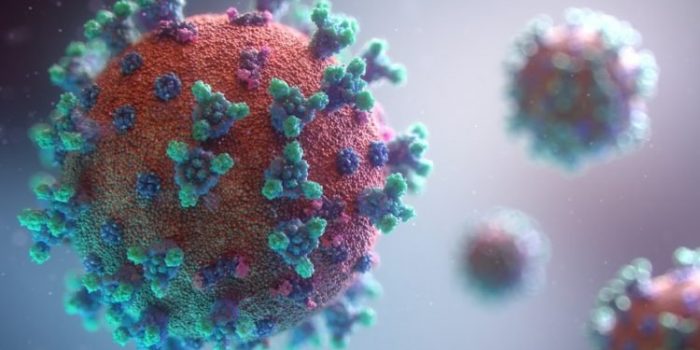By now everyone is familiar with the COVID-19 symptoms to watch for. The Centers for Disease Control and Prevention (CDC) lists fever, cough, sore throat, nausea, shortness of breath, and muscle or body aches, among others. However, not everyone experiences this illness in the same way. Some may only feel like they have a cold, while others may need to be admitted to the hospital for care. Some may be sick for just a short time, while others may experience symptoms for months.
Many professionals are working around the clock to treat and prevent this highly contagious disease. Drug companies are getting close to delivering a vaccine. Researchers are learning more each day. Doctors are finding new treatment options. And software engineers are creating applications that can help with analysis, tracking, and tracing. Yet, those who suffer for longer than the typical two weeks don’t always get the care and attention they need.
Here we take a look at who is likely to be a “long-hauler,” what they experience, and how they’re dealing with their struggles.
A Random Group
The long-term effect can happen to anyone, without regard to age, location, or other demographic factors. As just one example, Glasgow-based journalist Vonny LeClerc was a “fit, healthy 32-year-old” before she caught the virus. More than two months into it, she could barely stand up in the shower without feeling fatigued, according to an article published by The Atlantic. The article reports the results of an informal survey of long-haulers showing that three in five are between the ages of 30 and 49.
Revealing that a longer version of the illness isn’t entirely unusual, a recent article appearing in The Guardian notes that about one in 20 COVID-19 patients experiences long-term symptoms that recede and then reappear. This information belies the notion that only the elderly need to worry about contracting the virus for fear of experiencing an extreme case or even dying. There is a middle ground between mild cases and death that many have yet to understand.
Not All Doctors Agree
In addition to the symptoms listed by the CDC and other reputable resources, COVID-19 patients have experienced troubling things like extreme fatigue, chest pains, racing heart, prickly skin, tinnitus, inability to concentrate, hallucinations, and trouble forming words.
The Guardian article states, “There is growing evidence that the virus causes a far greater array of symptoms than was previously understood. And that its effects can be agonizingly prolonged.” Yet not everyone in the medical community has the same understanding of the virus’ effects.
A recent NPR story describes how two women who became long-haulers initially experienced disbelief from doctors about how sick they were. It states, “Neither was admitted to an ICU. Doctors determined neither of them needed a ventilator; their cases technically counted as ‘mild.’” Yet, “Weeks after her initial symptoms, Nowell could barely walk from room to room in her house. Roberts, too, struggled to breathe.”
Long-Haulers Get Support Online
Part of the problem is that friends and family tend to disbelieve the illness has lasted so long, given what they’ve heard about the illness — that it typically resolves within two weeks. Those with the protracted version of the virus say they even get comments like, “It’s all in your head,” or, “You’re just anxious.”
Support groups have sprung up on Facebook, Slack, and elsewhere online for those whose COVID-19 symptoms just don’t seem to go away. Most of these patients have had symptoms for at least a month, sometimes much longer, and they’re relieved to connect with others in the same challenging situation.
Research Continues
The NPR story points out, “Long-haulers are often left out of the COVID-19 narrative. Datasheets count cases, hospitalizations, recoveries, and deaths, but Roberts and Nowell don’t fit neatly into any of these categories.” People with ongoing symptoms aren’t being studied as much as other groups.
But that may be changing. The Guardian article states, “Researchers are now…examining the latest data…. They are seeking to work out what support may be needed for severe and chronic patients.”
The Atlantic article proposes three possible reasons for why some people struggle with the illness for longer periods: The virus may “migrate” from the respiratory system to other areas of the body, fragments of viral genes may be triggering immune overreaction, or the immune system becomes stuck in a “lingering overactive state” after the virus is gone.
In Summary
The popular narrative of what happens to people who contract COVID-19 typically includes either asymptomatic or very mild cases or, at the other end of the spectrum, severe cases requiring hospitalization and sometimes resulting in death. Yet, a significant number of people who get the virus experience an entirely different scenario: one of not qualifying as having a “severe” case, yet not being able to get on with daily activities due to ongoing debilitating symptoms.
While researchers continue to study this group along with the others, long-haulers are having mixed results with professional medical care but getting much needed support from others in a similar situation.


